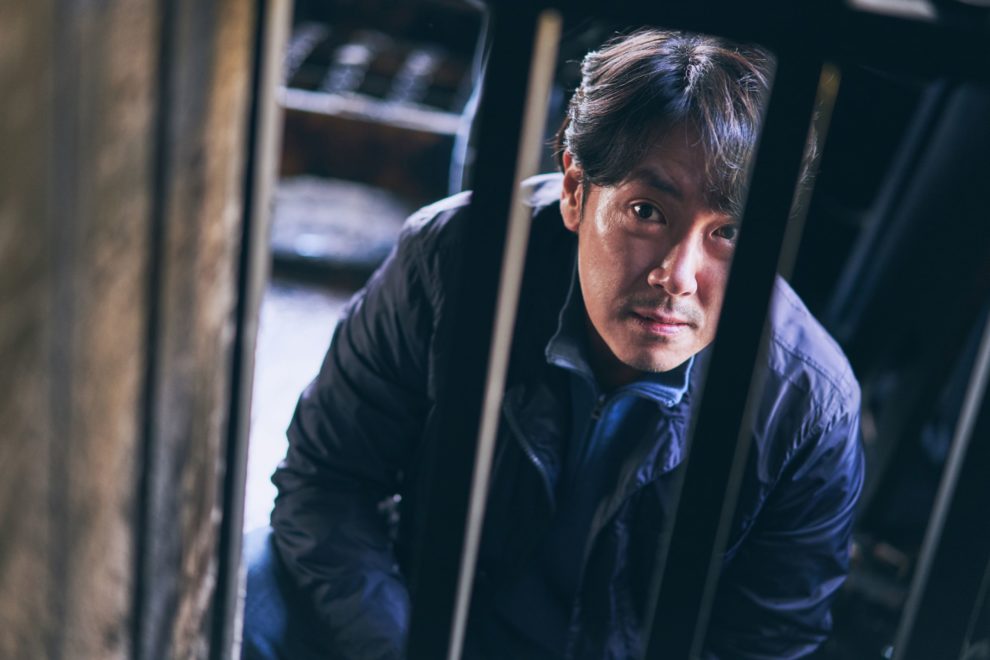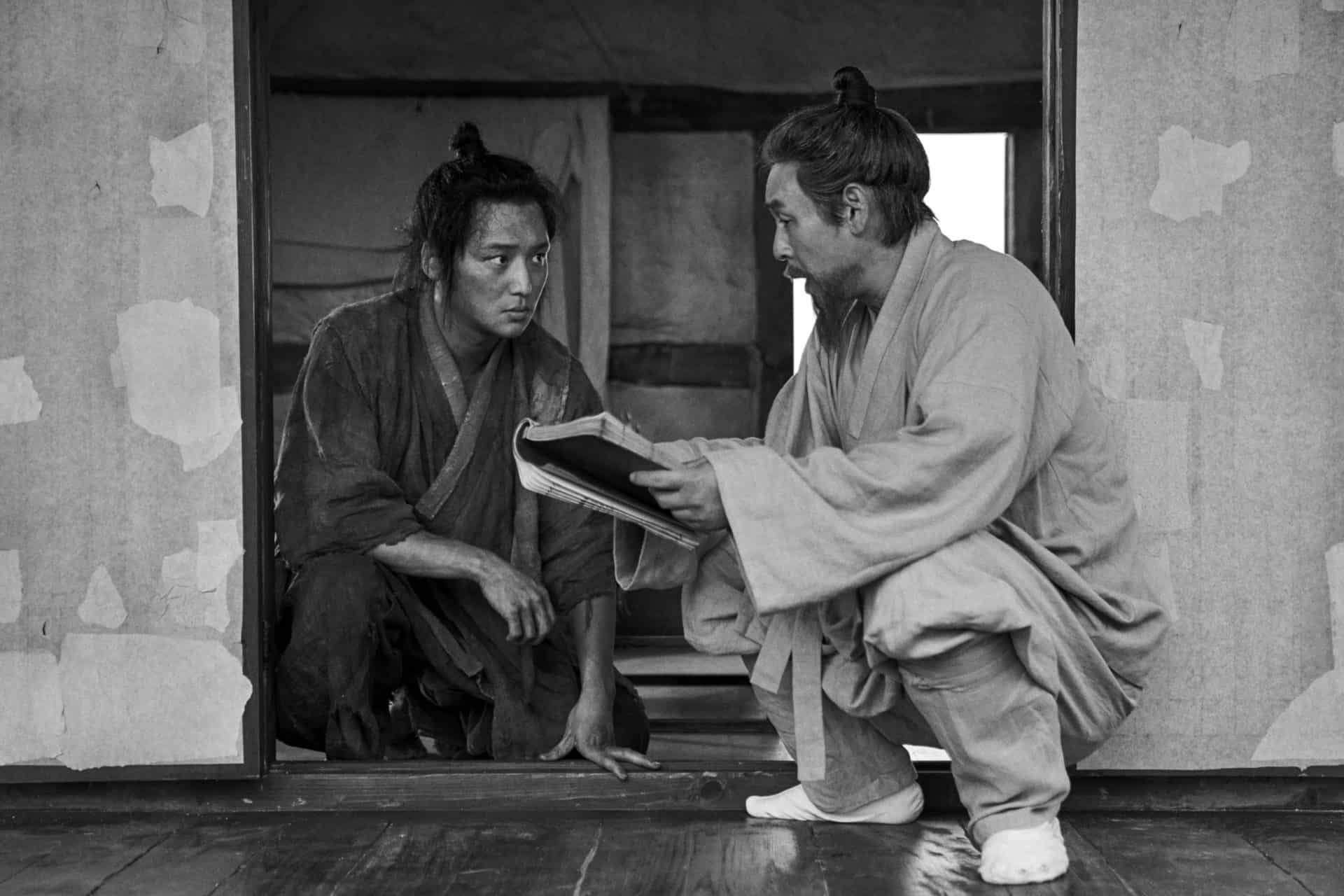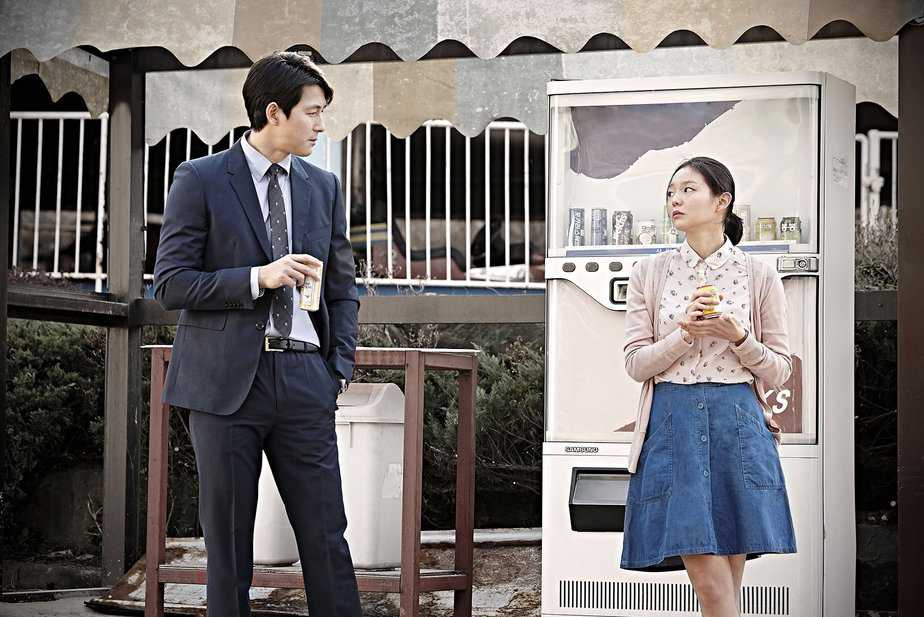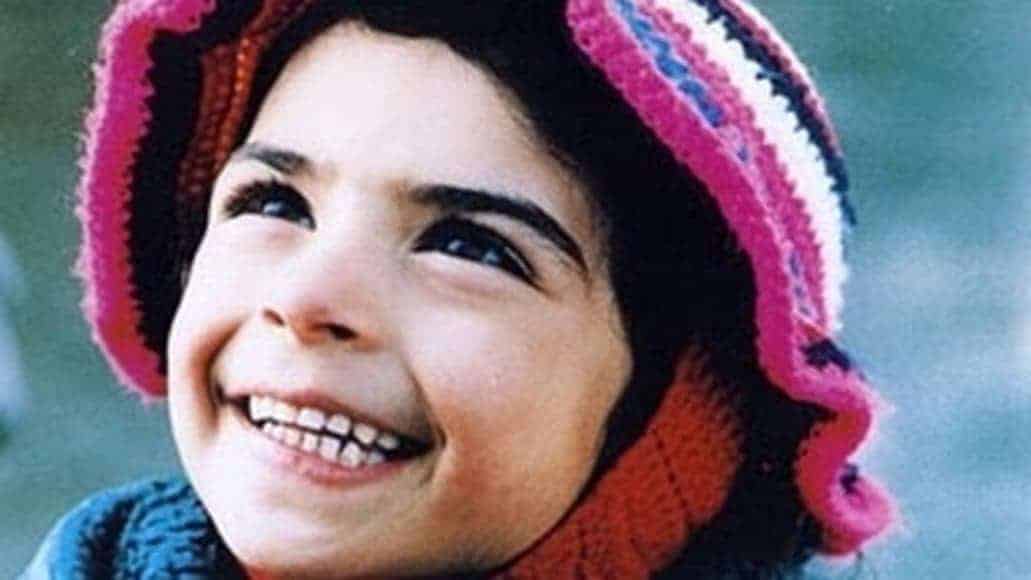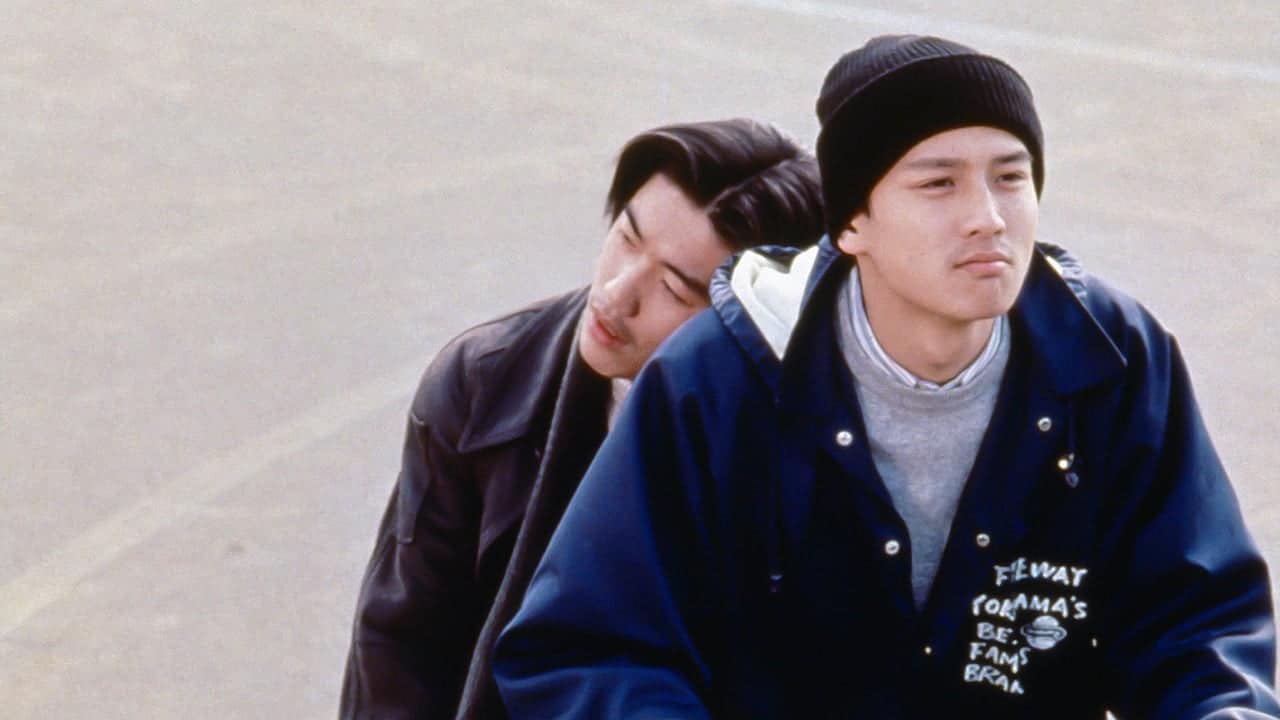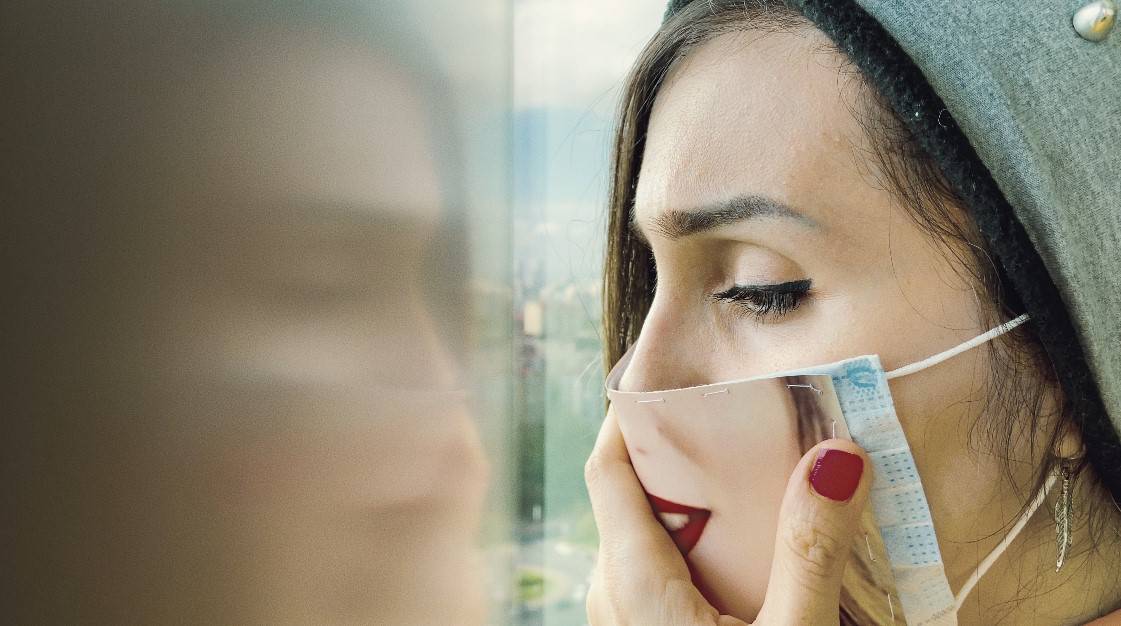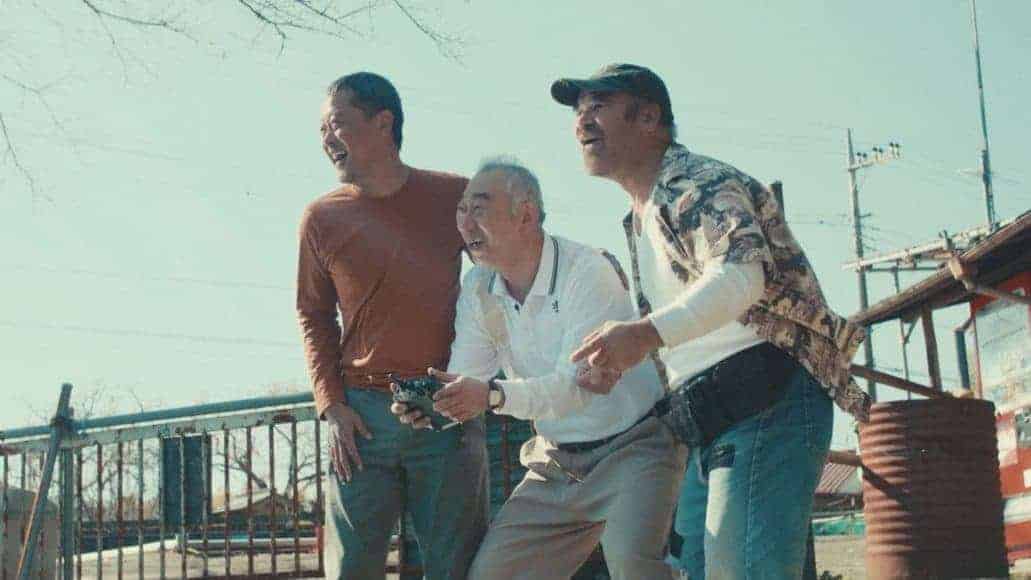An actor-director is a concept rarely seen in Korean cinema, but one that seems to be recently gaining popularity. Ha Jung-woo has previously directed a couple features and Kim Yoon-seok announced his arrival on the director's chair in style with “Another Child”. Lee Jung-jae is all set to commence production on his debut behind the camera with “Hunt” in 2021 with a screenplay he wrote, while Jung Woo-sung is also currently in-production with his feature directorial debut “The Protector”, after helming a few shorts in the past. Veteran actor Jung Jin-young is now another name to add to the list, who, after working in the Korean industry for more than twenty years and with filmmakers like Lee Chang-dong, Lee Joon-ik and Hong Sang-soo and alongside actors like Song Kang-ho and Hwang Jung-min, fulfils his long-standing dream to write and direct a feature with the mystery drama “Me and Me”.
“Me and Me” is screening at Fantasia International Film Festival
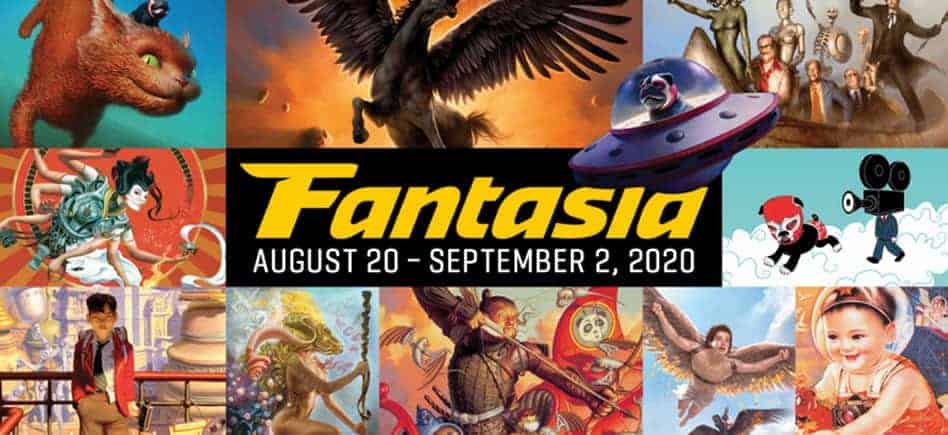
Detective Park Hyung-gu is called to a remote village to the scene of a fire that took the lives of a married couple living in a house. Mystery surrounds the couple and the house, the presence of fortifying gates and window grills within only furthering Hyung-gu's confusion around the case. The villagers too seem to know more than they reveal. One day, they invite him to a party after which a drunk Hyung-gu dozes off in the burnt house, only to wake up next morning to find his entire identity changed. The villagers know him by a different name and occupation and when he goes to his own house, he finds his wife and kids do not exist and neither does he as Park Hyung-gu.
Jung Jin-young's script carries a very unique and interesting premise and is, for the most part, ably written. It successfully manages to mix several genres like mystery, drama, comedy, thriller and even romance. There's supernatural and fantasy elements to the proceedings as well, which certainly help keep them fresh. With the narrative, Jung also takes the opportunity to ask some existential questions about identity, about how one sees oneself against how others see you and which is really one's true identity. If others see you differently, should you try to change their view or change yourself to match their view of you? All quite fascinating stuff that forces audience to introspect while Jung never loses sight of the narrative's main goal, which is to entertain and keep the audience intrigued.
A big part of the feature's appeal and its overall success goes to Cho Jin-woong's excellent central performance as Park Hyung-gu. Often seen as a strong character, he lets his gentle side come to the fore here, which may be not too often revealed on the big screen but reminds of his scene-stealing performance in the K-Drama “Signal”, effortlessly moving from the dramatic to his awkward comedic style on cue. The scene on the dinner table with the village person Hae-gyoon and his school friends, where he holds his tears back, is a great example of the mastery of his craft. Jung Jin-young has said that he wrote the script with Cho in mind for the role and he truly does justice to the character.
Not even Cho Jin-woong can save the film from the truly bizarre ending though. Every minute watching the film, you hope that it reaches a successful conclusion, but it stumbles at this last hurdle in horrific fashion. So confusingly head-scratching is the ending that one wonders if Jung himself knew the ending to his story as he went along writing it. Some loose ends are always acceptable and probably work for the better in stories of this sort, prompting the viewer to think about it long after they're done watching it, as Lee Chang-dong's “Burning” did so well. But the amount of them left here are just puzzling and, to be honest, annoying. This is a shame because up until that point, Jung succeeds in pretty much everything he sets out to achieve with the project.
Kim Hyun-seok's cinematography and the music are both characteristic to the genre and the supporting cast are all adequate in their parts, particularly Bae Soo-bin and Cha Soo-yeon, who play the newly arrived couple in the villlage. But none of that stop the feeling of disappointment which comes from that conclusion to the story, or to be more specific, from the lack of it. Did Jung Jin-young mean to leave the audience thinking about the feature? Well, he certainly succeeded, because you can't help but think how confounding it is, which is sad as it negates all the good he had been doing until that point. The end result does show a lot of promise for him behind the camera and whether he returns there again is still up in the air, but if he does, it should certainly be a project to look forward to.


